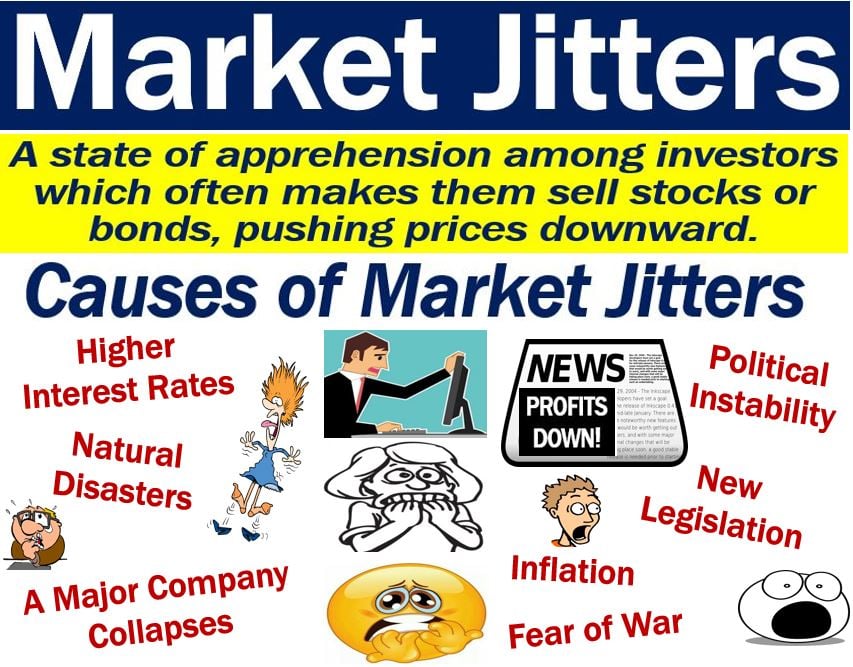Financial markets exhibited cautious trading on Wednesday as investors braced for a crucial decision by the Federal Reserve. The central bank's policy meeting, the outcome of which is expected later that day, has cast a shadow of uncertainty over global equities.
The wait-and-see approach dominated Asian markets, with regional indices displaying a mixed performance. While Chinese stocks continued their upward trajectory, supported by the country's banks maintaining benchmark lending rates, Australian shares slipped marginally. European futures mirrored the Asian trend, paring back gains witnessed on Wall Street the previous day. This cautious sentiment came after a strong showing by leading U.S. technology companies, often referred to as the "Magnificent Seven," which had fueled a rally on Tuesday.
The primary focus for investors lies on the Federal Reserve's monetary policy stance. The central bank is widely anticipated to maintain interest rates at their current level, marking the fifth consecutive meeting where rates remain unchanged. However, the future trajectory of interest rates remains a key unknown, with market participants keenly attuned to any hints from the Fed regarding potential rate cuts in the coming months. This uncertainty has fueled increased short bets on Treasury yields, reflecting investor anticipation of a possible shift in monetary policy.
Adding to the market jitters is the recent depreciation of the Japanese yen. The yen's decline comes after the Bank of Japan concluded its policy meeting on Tuesday, opting to maintain its accommodative monetary stance. This decision, made despite the bank ending the world's last negative-interest-rate policy earlier in the week, has weakened the yen against the U.S. dollar and the euro. Analysts suggest this depreciation stems from the divergence in monetary policies between the Bank of Japan and other major central banks, particularly the Fed, which is contemplating tighter monetary controls in the future.
The combined effect of the Fed meeting and the weakening yen has created a volatile market environment. Investors are adopting a cautious approach, waiting for clearer signals on the direction of interest rates and the global economic outlook. Until then, stock markets are likely to exhibit continued fluctuations, reflecting the underlying uncertainty.

